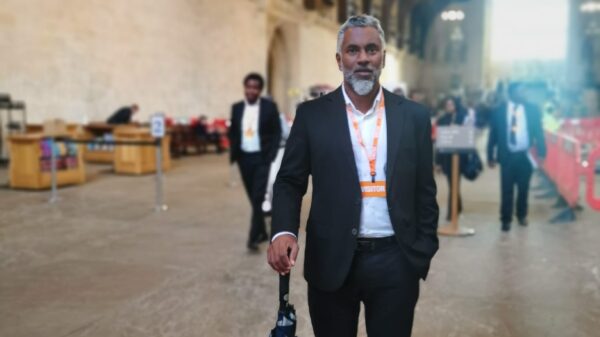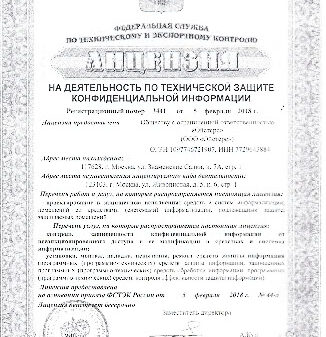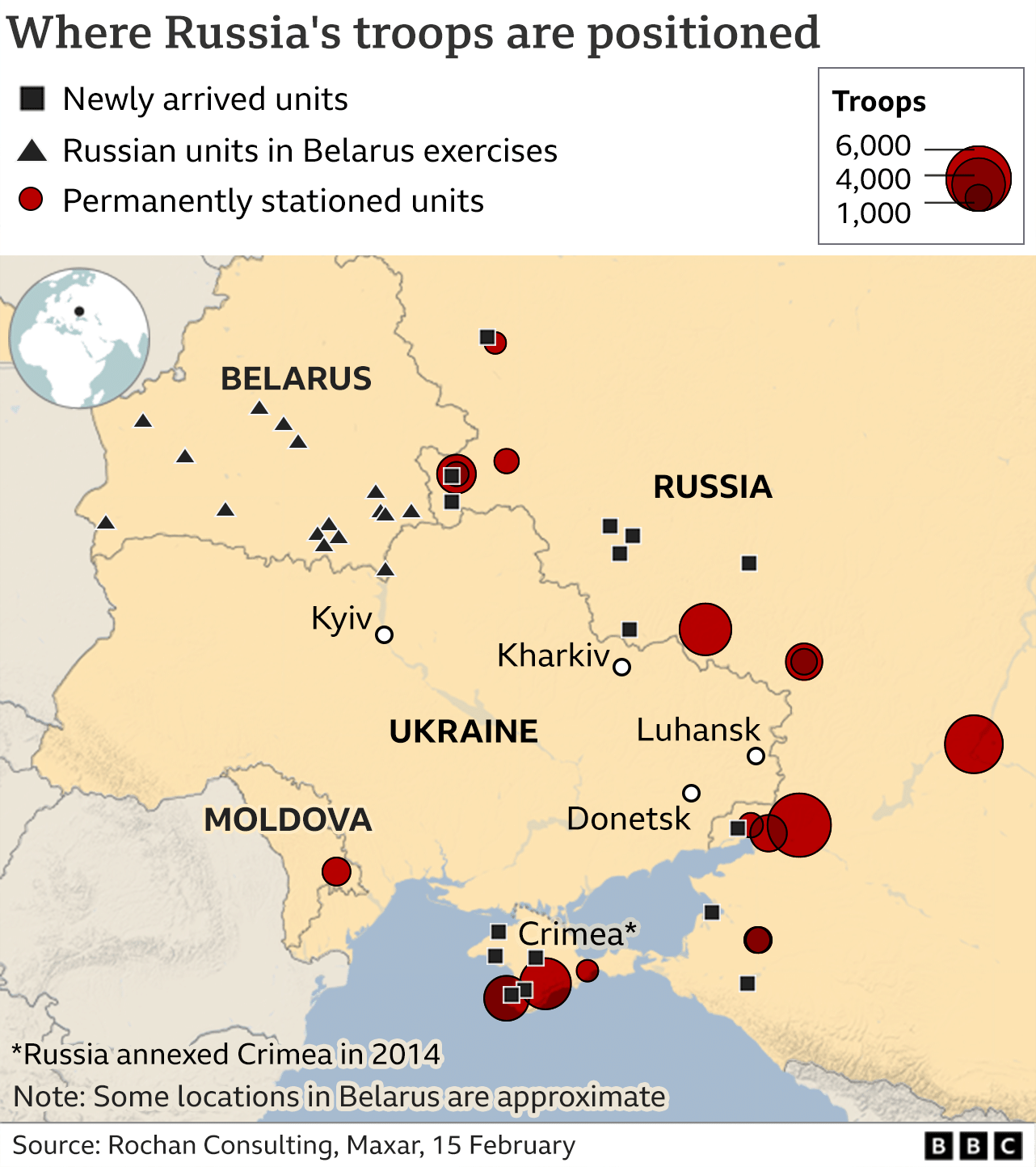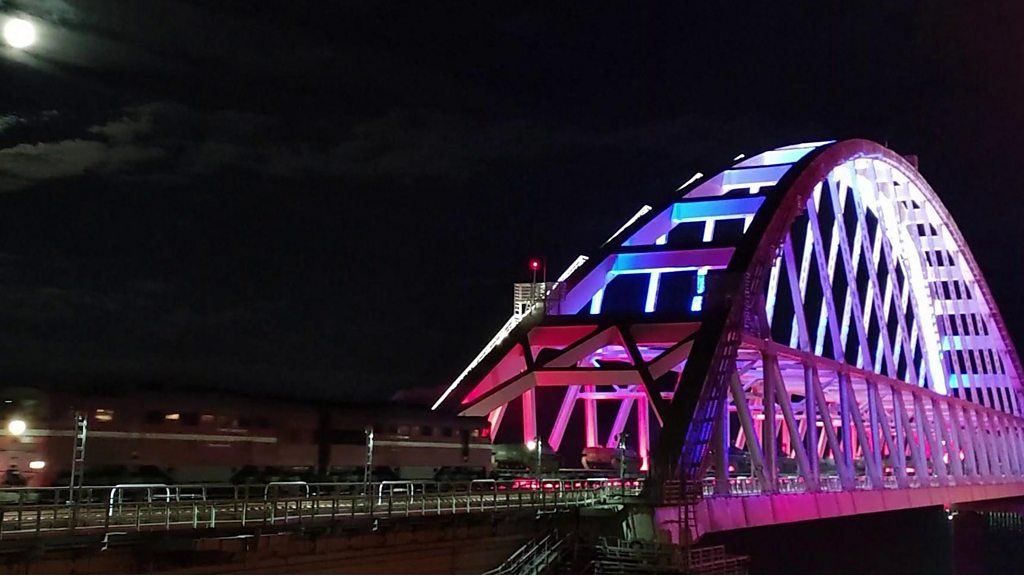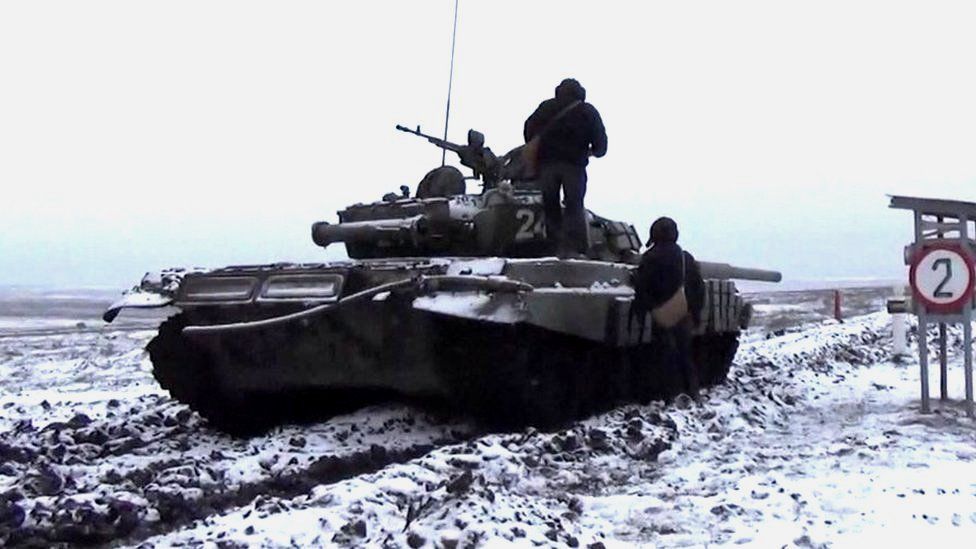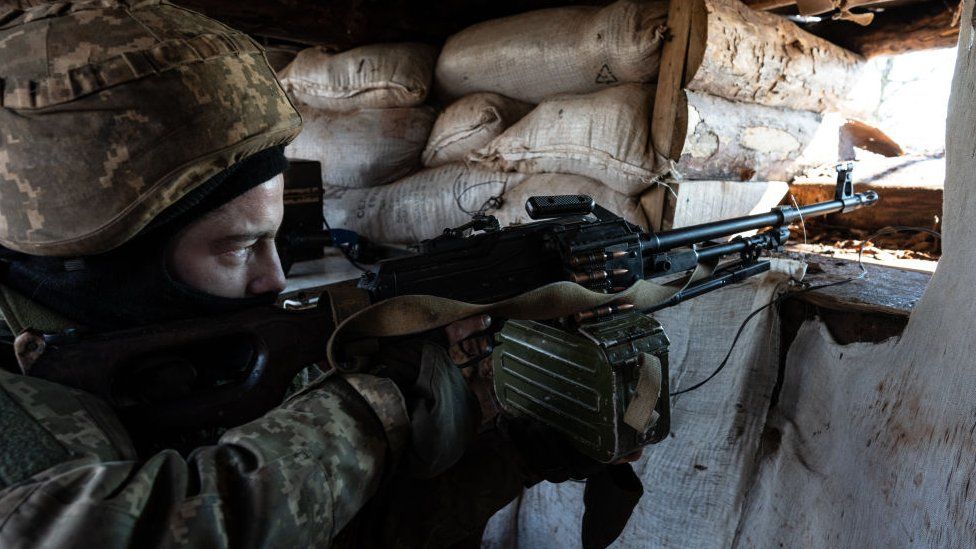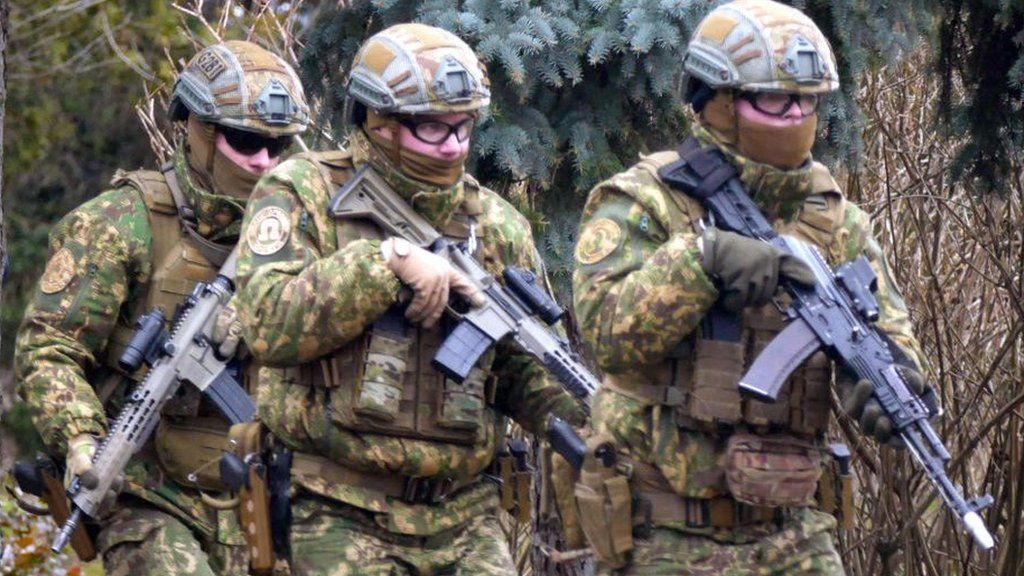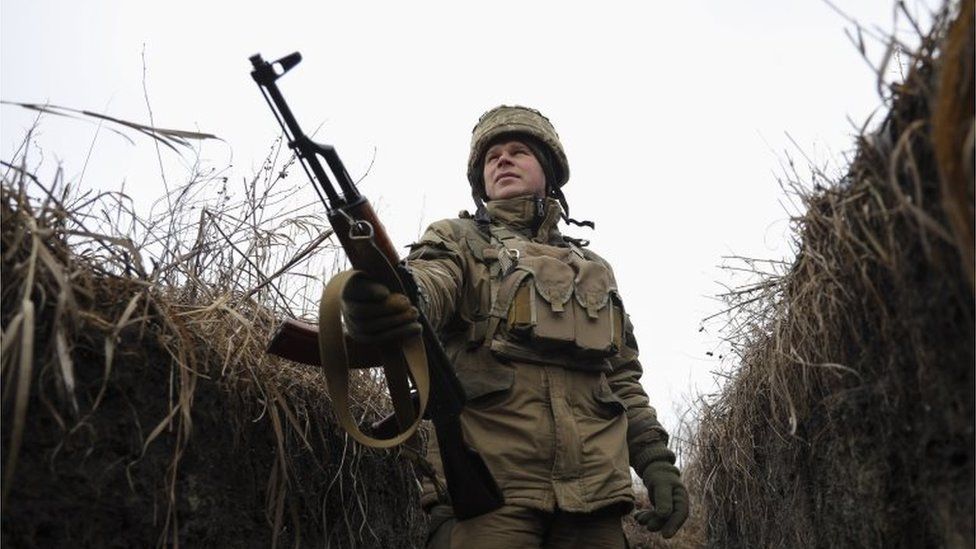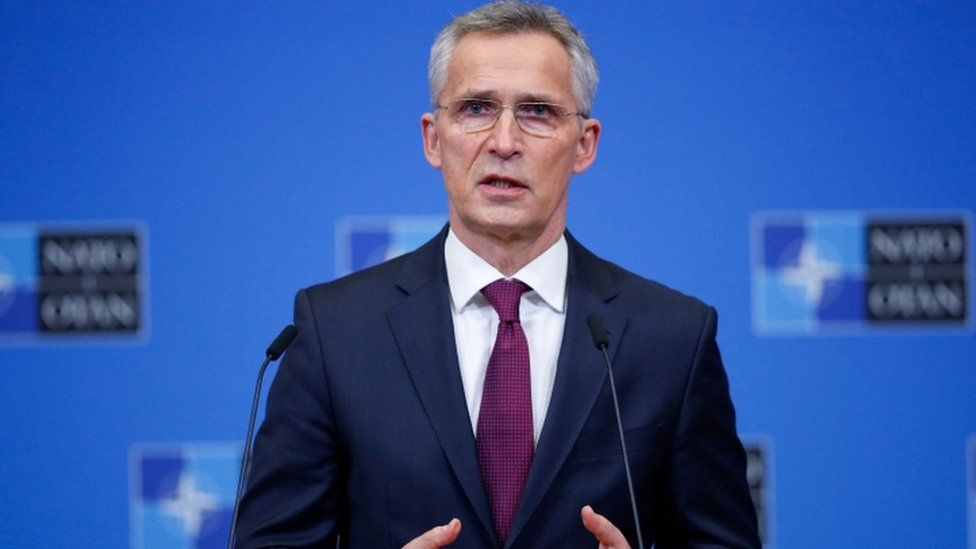
Nato’s secretary-general says there is no sign of de-escalation by Russian forces on the ground near Ukraine.
Jens Stoltenberg said Russia still had a huge force ready to attack Ukraine.
Russia says it is pulling back some of its troops and that military drills in Moscow-annexed Crimea have ended.
But Mr Stoltenberg warned the threat from Russia had become a “new normal” in European security. He said Nato was considering setting up new battle groups in central and SE Europe.
He said this was part of ongoing measures to bolster European defence – on which $270bn (£199bn) had been spent since 2014 – though he attempted to reassure Russia that Nato was not a threat.
France had offered to lead one such battle group in Romania, he said.
Russia’s foreign ministry said it was “no longer interested” in Mr Stoltenberg’s statements.

Crisis could cast a longer shadow

This was a bleak forecast for the future from Nato’s secretary general.
Jens Stoltenberg described it as the most serious security crisis in Europe since the end of the Cold War. And he made clear that the threat hadn’t gone away.
Even if President Putin doesn’t give the order to attack, there are still signs this crisis will cast a much longer shadow.
Mr Stoltenberg said Russia’s military build-up showed Moscow was prepared to contest European security with the use of force.
That “new normal” could also mean Nato increasing its military posture. Mr Stoltenberg has tasked Nato military planners to look at setting up new battle groups on the alliance’s eastern flank – in Romania and the Black Sea region.
However, no final decision has yet been taken and Nato insists reinforcements would only be sent to act as a deterrent.
Nato is still calling on Russia to engage in dialogue to reduce tensions. But if diplomacy doesn’t work the danger is both sides will end up with their armies doing the talking.

This video can not be played
To play this video you need to enable JavaScript in your browser.
Russia has more than 100,000 troops close to Ukraine but denies that it plans to invade.
The two countries have deep cultural and historic ties, and both were part of the former Soviet Union.
Russian President Vladimir Putin wants assurances that Ukraine will not join Nato because he sees any expansion of it as a threat. Nato has rejected that demand.
Mr Putin said on Tuesday that Russia did not want war, but demanded that the issue of Nato membership be addressed now, even though Ukraine is a long way from even starting an application to join the alliance.
- ON THE GROUND:Ukrainians wary of Russian claims of withdrawal
- ANALYSIS: Is Russia going to invade Ukraine?
- EXPLAINER:Ukraine: How prepared is Russia for an attack?
Mr Stoltenberg said Nato remained prepared for dialogue, and it was not too late for Russia to “step back from the brink of conflict”.
He expressed scepticism about Russian reports that some troops had been pulled back, after Russian statements and footage broadcast on Russian state television appeared to show military vehicles leaving Crimea.
“We do not see any sign of de-escalation on the ground,” he said.
“This may of course change, but Russia maintains a massive invasion force ready to attack.”
He said Russia’s assertiveness was a new normal.
“Russia has demonstrated it is ready to contest fundamental principles of our security,” he said.
“They have used force to underpin and try to intimidate countries to accept its demands.”

Separately, Ukraine has been marking a so-called day of unity, with national blue and yellow flags raised throughout the country.
President Volodymyr Zelensky declared the day after US intelligence reports that Russia could attack Ukraine on Wednesday.
On Tuesday the websites of Ukraine’s defence ministry, armed forces and two banks came under a cyber-attack. The cause is not clear but Ukraine has suffered large-scale attacks before on its online infrastructure and has pointed the finger at Russia.
Russia’s government, however, has denied any involvement.
There has long been concern that, rather than a full-scale invasion, Russia could use less obvious means to destabilise Ukraine, for example through cyber-attacks on critical infrastructure.









